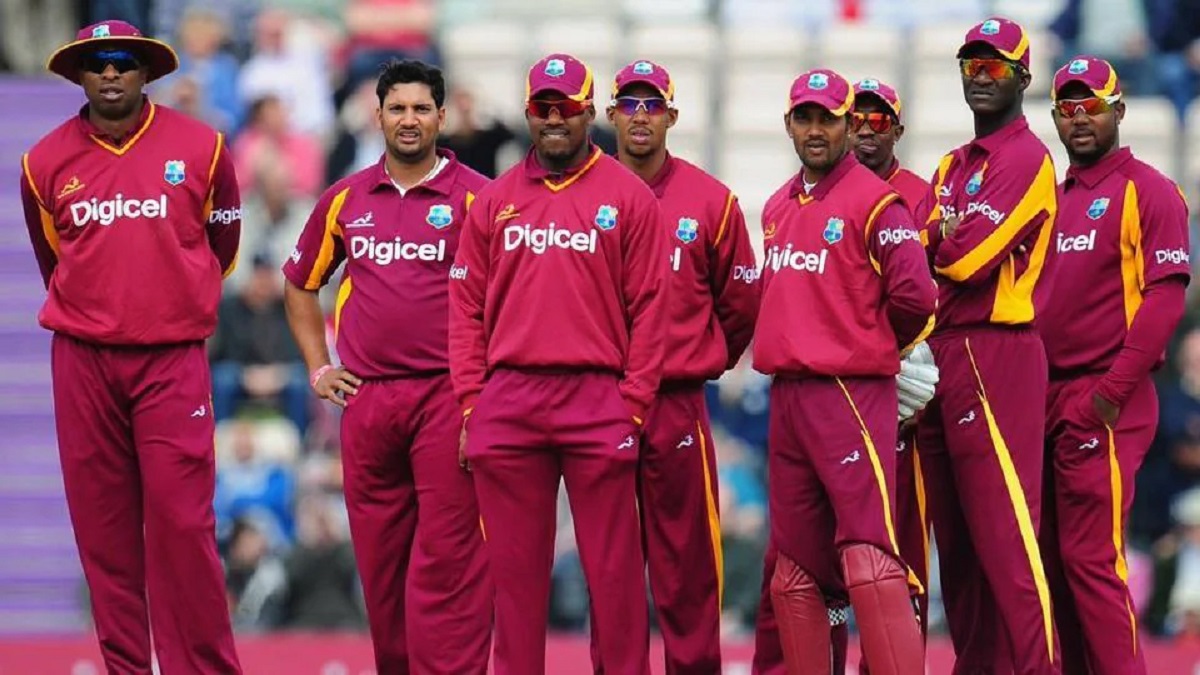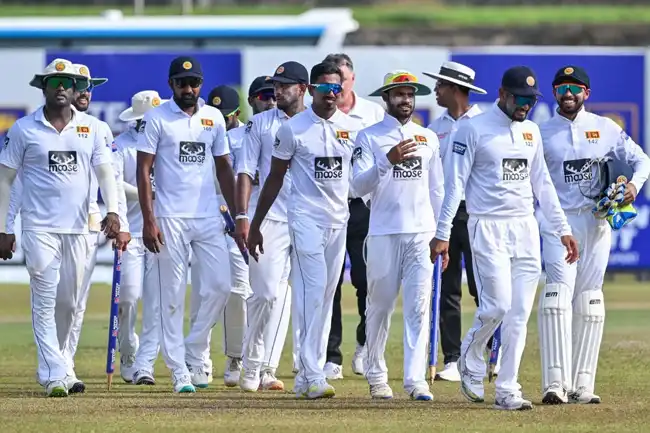Test cricket, the longest and most traditional format of the game, has faced increasing challenges in recent years. As lucrative franchise leagues have grown in prominence, smaller cricketing nations have struggled to maintain the financial viability of hosting and participating in Test matches. In response, the International Cricket Council (ICC) is considering the introduction of a dedicated fund aimed at bolstering Test cricket outside the “Big Three” – India, Australia, and England. This initiative, expected to be formalized in 2025, could play a critical role in preserving the future of Test cricket for nations that lack the financial resources of the game’s major powerhouses.
The Financial Strain on Smaller Cricket Boards
The financial disparity in global cricket is stark. While the “Big Three” generate significant revenue from broadcasting rights, sponsorships, and packed stadiums, other Test-playing nations often operate at a loss when staging red-ball matches. This was notably highlighted earlier this year when Cricket West Indies (CWI) incurred a loss of US $2 million during their tour of Australia. Such financial burdens have forced smaller boards to rely on short-format cricket, which offers more immediate financial returns but comes at the cost of weakening their Test cricket programs.
A Game-Changing Initiative: The Proposed Fund
The ICC’s proposed fund, championed by Cricket Australia chair Mark Baird with the backing of BCCI secretary Jay Shah and ECB chair Richard Thompson, aims to level the playing field by providing financial support to Test-playing nations outside the “Big Three.” The fund is anticipated to be in the region of US $15 million, with the goal of offering a minimum standard match fee of around US $10,000 per player. This initiative is seen as a crucial step in making Test cricket more financially attractive for players who might otherwise gravitate towards the more lucrative T20 leagues.
Ensuring Competitive Balance in Test Cricket
The introduction of this fund is not merely a financial support mechanism; it is a strategic move to maintain competitive balance in Test cricket. The nine Test-playing nations beyond India, Australia, and England often struggle to assemble their best teams for Test series due to the financial allure of T20 leagues. By providing a guaranteed match fee, the fund would incentivize top players to commit to Test cricket, ensuring that these nations can field their strongest possible teams.
Furthermore, this initiative addresses the skewed economics of the global game. Smaller boards have had to enter into reciprocal agreements to sustain their Test programs. For instance, the England and Wales Cricket Board (ECB) recently agreed to host an additional three T20Is during their 2023 limited-overs tour of the Caribbean as a financial boost for Cricket West Indies. Such arrangements, while beneficial in the short term, are not sustainable for the long-term health of Test cricket.
A Future Beyond the ‘Big Three’
While the proposed fund is still in its formative stages, with formal discussions yet to take place at the ICC board level, there is optimism that it will be operational by 2025. The fund represents a significant opportunity to reinforce the importance of Test cricket and to protect the legacy of the longest format of the game. It is a recognition that Test cricket’s value transcends financial considerations; it is a cornerstone of cricket’s history and identity.
As the cricketing world awaits the finalization of this initiative, there is hope that it will breathe new life into it, ensuring that nations outside the “Big Three” can continue to compete at the highest level. The commitment of the BCCI, ECB, and Cricket Australia to this fund is a promising sign that the future of Test cricket is being safeguarded.
Conclusion: Preserving the Legacy of Test Cricket
The ICC’s proposed fund is a proactive measure aimed at addressing the financial challenges faced by smaller cricket boards in maintaining their Test cricket programs. By providing a minimum standard match fee and reducing the financial strain on these boards, the fund has the potential to revitalize Test cricket outside the “Big Three.” As cricket continues to evolve, this initiative underscores the importance of preserving the legacy and integrity of the game’s oldest format.


























